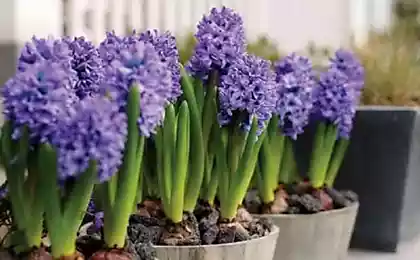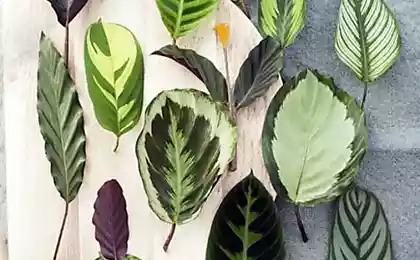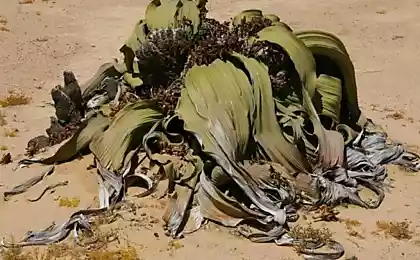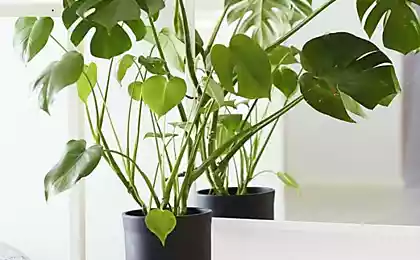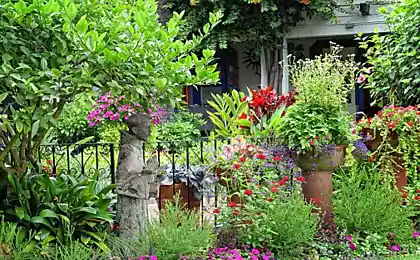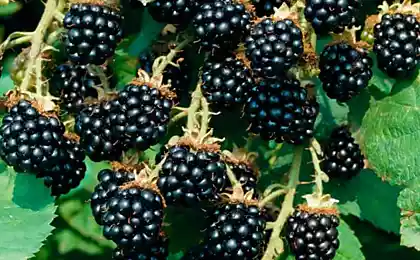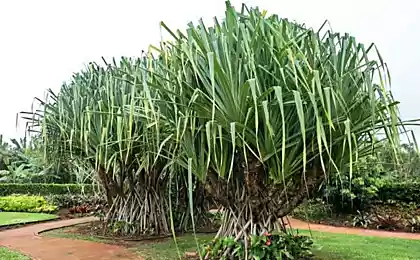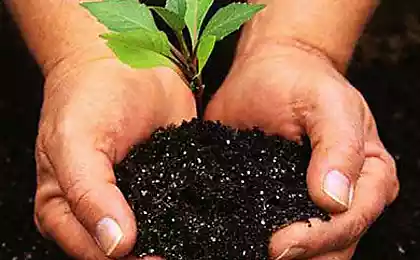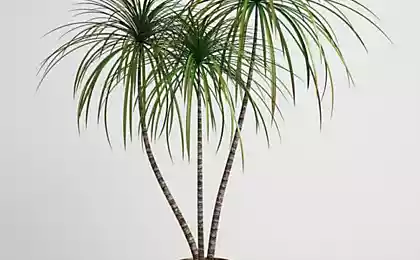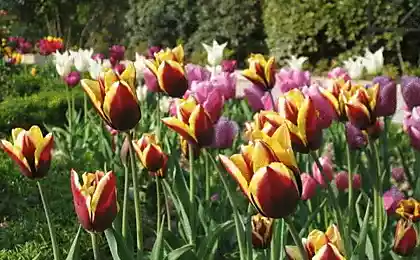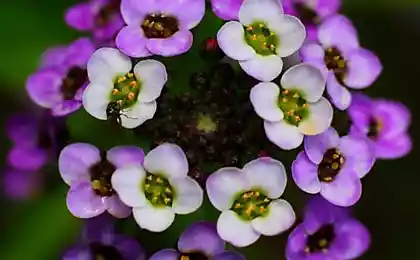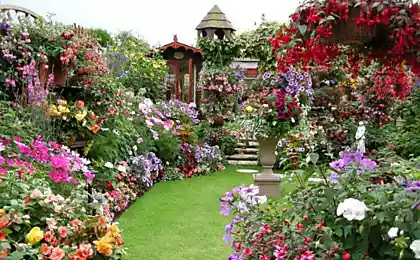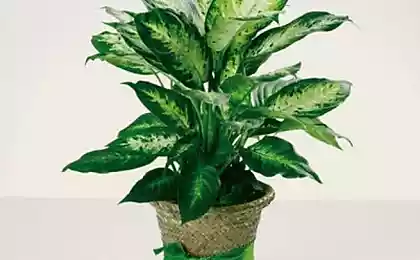160
My 5-Year-Old Son Died Because We Had This Plant “Flower” kills a child in 1 minute, an adult in 15.
Recently, a terrible video appeared on the Internet. In it, the inconsolable man says that the cause of death of a 5-year-old baby, his son, was an ordinary plant! The color of the baby’s skin suddenly changed, he took his breath away. Baby died as a result poisoningwhich were contained in the pot. Some grow this pot at home, and some even bring it to the office, because the plant perfectly cleans the air. But few people know that this green comrade is a real chemical weapon. It's about Dieffenbachia... What plants? We need to throw it away.In addition to Diffenbachia, we will explain below!
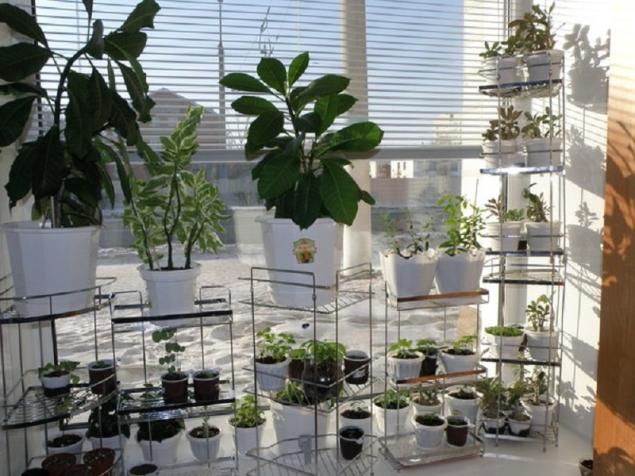
Many of us like to grow. windowsill. Create a small year-round garden. In addition, many plantations are able to purify the air and create favorable energy.
But even harmless at first glance vases can carry danger. This is especially true if there are small children in the house. After all, they are the most susceptible to allergic reactions. In addition, because of their interest in the environment, they can taste beautiful leaves or petals. And that might have fatality!
Editorial "Site" He will tell you about the most dangerous houseplants.
Poisonous houseplants
If plants are already growing in your house, and you could not even think that they are poisonous, remove them higher from children, and in the case of a cat, try to close the base of the pot with food film so that the animal does not dig up the ground. By the way, sometimes cats chew the leaves to quench their thirst, so pour plenty of water into a bowl so they don’t touch the poisonous indoor flowers.
It is best to get rid of such plants. Share useful information with your friends!

Many of us like to grow. windowsill. Create a small year-round garden. In addition, many plantations are able to purify the air and create favorable energy.
But even harmless at first glance vases can carry danger. This is especially true if there are small children in the house. After all, they are the most susceptible to allergic reactions. In addition, because of their interest in the environment, they can taste beautiful leaves or petals. And that might have fatality!
Editorial "Site" He will tell you about the most dangerous houseplants.
Poisonous houseplants
- CICLAMEN (Persian)
It is believed that cyclamen in the house helps to ward off bad dreams and fears, and it should be placed in the bedroom at the head of the bed. We will not argue about the magical power of Cyclamen, but about its poisonous properties we will warn. Sometimes it is recommended to bury the juice cyclamen from sinusitis, and this can not be done in any case! Not only can you burn the mucous membrane, you risk getting a fever, sore throat and difficulty breathing. The most poisonous parts are the seeds and roots of the plant, the fresh juice of which can cause irritation or inflammation of the skin.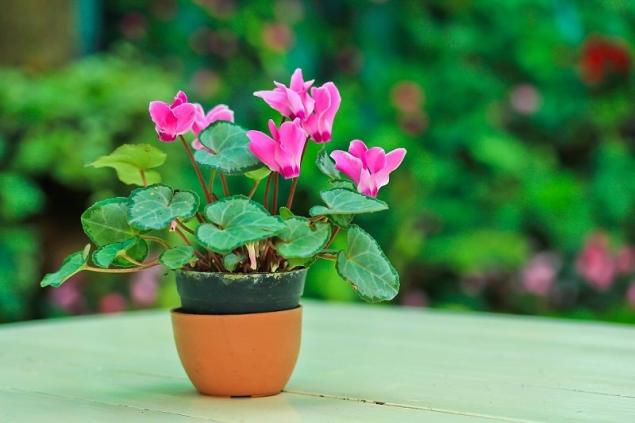
- Amarillis Beladonna
The bulbs of the plant contain the alkaloid lycorin. In small doses it has an expectorant effect, and in large ones it causes vomiting. If suddenly the leaf of the plant broke down, and milky juice came out, it is better to wash your hands thoroughly and not touch their eyes.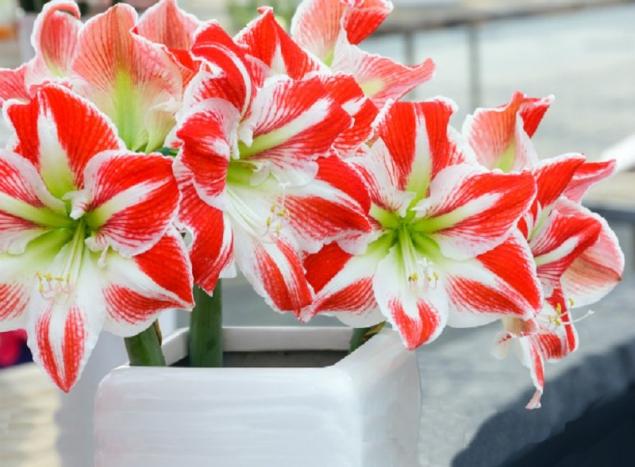
- Diffenbachi
The plant is able to improve the chemical composition of air in the room. But we do not advise to rush to put it in the nursery or bedroom. The juice of the plant is poisonous, especially the one contained in the stem. It can provoke serious digestive and respiratory disorders, as well as cause burns when it hits the skin of the face or hands. If you have a plant at home, it is better to take care of it with gloves. By the way, in kindergartens, Dieffenbachia is generally forbidden to grow.
This video details how dangerous a familiar green friend can be.
about:blank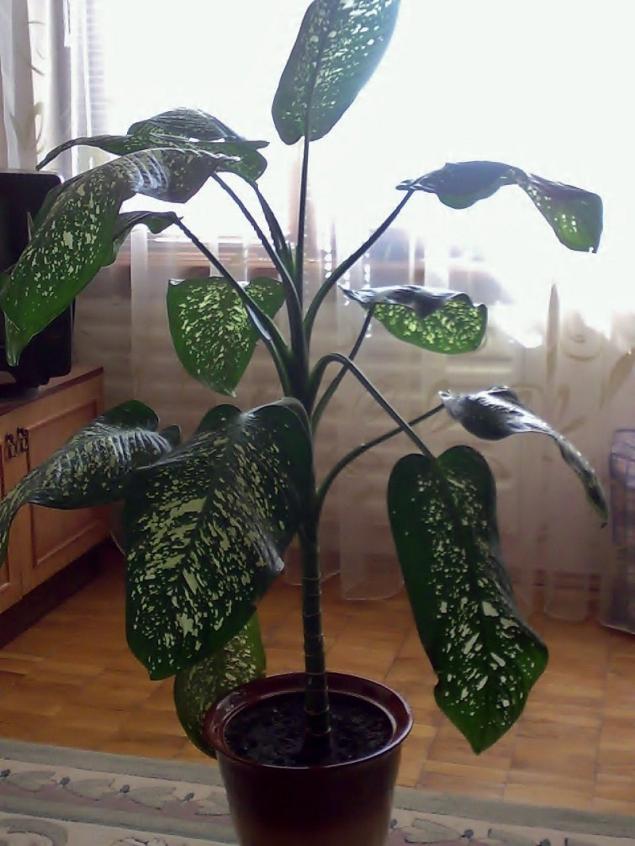
- GERAN
This plant is certainly very useful. On the one hand, geranium is an excellent antiseptic, helps relieve stress and tension, relieves pain with otitis and angina. However, there are people in whom the smell of geranium can provoke a severe asthma attack and cause an allergic reaction. Geranium is also contraindicated in pregnant women, people with low blood sugar, young children and those taking contraceptives.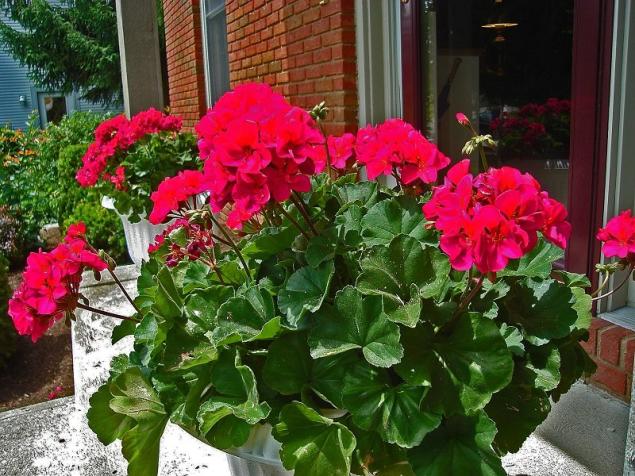
- Cactus
They are not poisonous, and dangerous only because of the thorns that you can prick and get in the worst case a small boil. Therefore, it is better to get away from children. But some types of cacti, such as Trichocereus, contain hallucinogens that can cause paralysis of the central nervous system, their effect is similar to the effect of the drug LSD.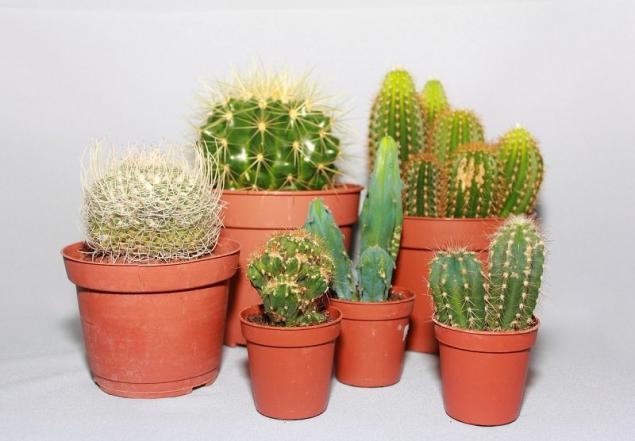
- KEEPING
Cactus-like species of milkweed and europhobia are really poisonous. Milkweed juice can cause burns, and if it enters the mouth, nausea, diarrhea, dizziness and mucous. Surprisingly, these plants are very often seen on the windowsill in school classes.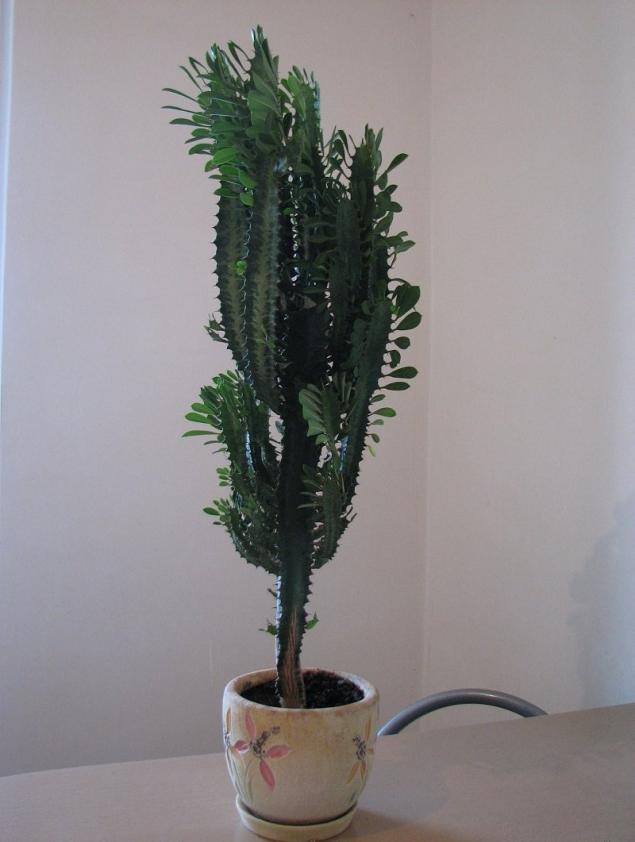
- Aloe striped
The most valuable and beloved aloe has two poisonous brothers - aloe striped and aloe frightening. All parts of these plants are dangerous, and mainly because most types of aloe are considered curative, and they are very often used as a home remedy. So, striped and frightening can not be used for medicinal purposes! They can cause gastric and uterine bleeding, and in pregnant women provoke a miscarriage.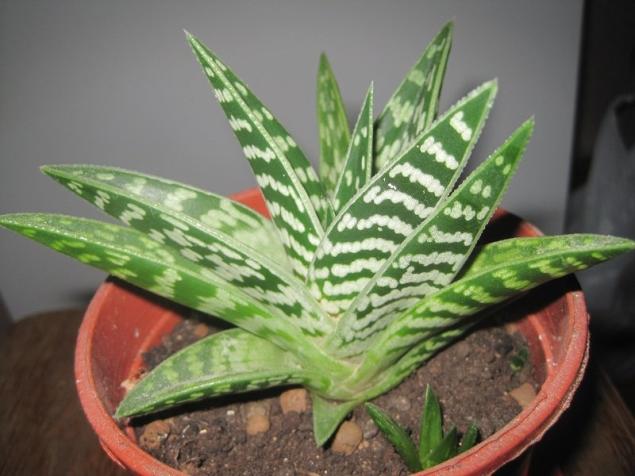
- hortension
All parts of this plant contain poison. Touching hydrangea is completely safe, but if hydrangea juice accidentally enters the body, this will cause increased sweating, worsen blood circulation, stomach pain, itching, nausea and weakness in the muscles.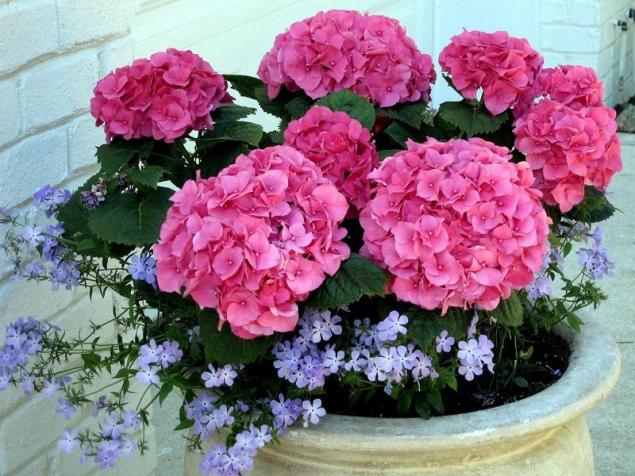
- AGLAONEMA CHANGING
Poisonous in this plant are the juice and berries of the plant. Juice can cause swelling and painful sensations in the mouth and throat, and when in contact with the eyes conjunctivitis.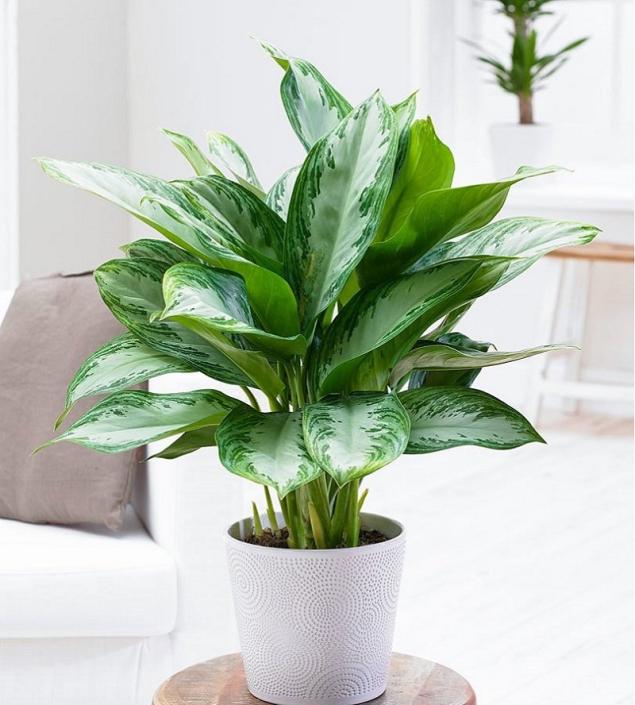
If plants are already growing in your house, and you could not even think that they are poisonous, remove them higher from children, and in the case of a cat, try to close the base of the pot with food film so that the animal does not dig up the ground. By the way, sometimes cats chew the leaves to quench their thirst, so pour plenty of water into a bowl so they don’t touch the poisonous indoor flowers.
It is best to get rid of such plants. Share useful information with your friends!
Let's run the cough... In just one night! Pour into a tablespoon a little...
What combinations in clothes should be avoided









